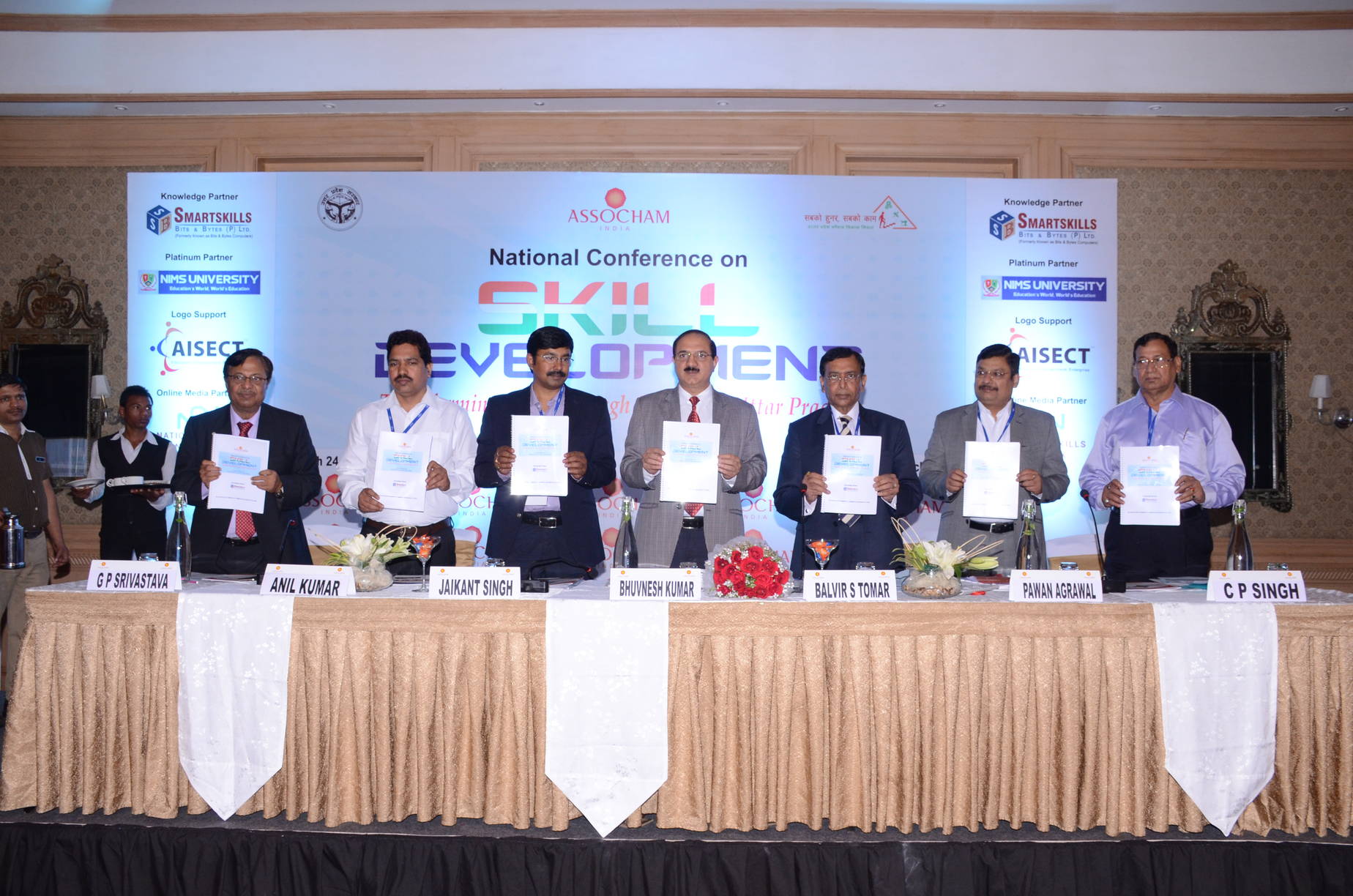LabourNet, an NSDC partner, has long advocated and conceptualized the assessment for Recognition of Prior Learning (RPL) under PMKVY program across industry sectors, and is making headway into the farmers’ lives by formalizing their prior learning and improving their livelihood opportunities.
Formalizing the informal learning through RPL
The economy of our country is determined by three verticals — agricultural, industrial and services. Till recently, India had been known more as an agrarian society. The contribution of agriculture was primary to the growth of the country. Industrialization and more recently, the digital growth opened new avenues for opportunities. This has shifted the overall balance from agriculture to other lucrative livelihood options. Today, agriculture and related services contribute approximately 18% to the overall GDP of our country and India accounts for only 7.68% of total global agricultural output. With growing population, the demand of agricultural supply is increasing, but the supply remains constant due to low productivity.
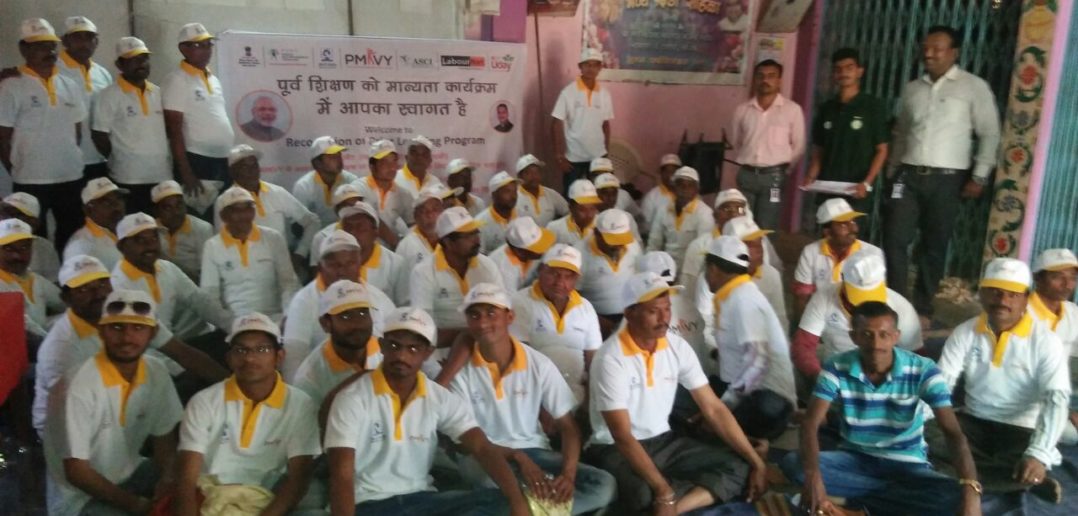 One of the major concerns in the field of agricultural practice has been the highly unorganized and mostly illiterate manpower. Most of them would have acquired the agricultural knowledge from their ancestors or by hands-on experience in the field. Lack of proper scientific knowledge and formal learning keeps them away from mainstream labour force. This makes them vulnerable to large scale exploitation and pushes them further into poverty. Besides their own inadequacies, they have no control on the vagaries of nature, such as drought , famine, floods etc which adversely affect their livelihoods. Many of these issues force the agrarian population to migrate to cities in search of livelihoods.
One of the major concerns in the field of agricultural practice has been the highly unorganized and mostly illiterate manpower. Most of them would have acquired the agricultural knowledge from their ancestors or by hands-on experience in the field. Lack of proper scientific knowledge and formal learning keeps them away from mainstream labour force. This makes them vulnerable to large scale exploitation and pushes them further into poverty. Besides their own inadequacies, they have no control on the vagaries of nature, such as drought , famine, floods etc which adversely affect their livelihoods. Many of these issues force the agrarian population to migrate to cities in search of livelihoods.
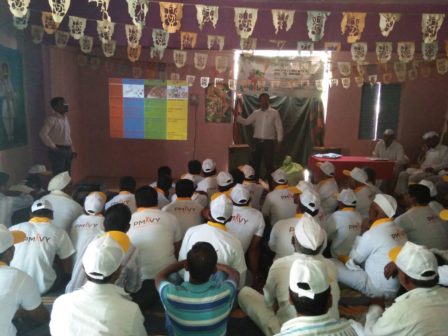 Keeping in view the above concerns and to improve the skills sets in the field of the agricultural, the Agriculture Skill Council of India (ASCI) has been set up to mitigate the concerns and improve the agricultural infrastructure by aligning the best practice to improved productivity.
Keeping in view the above concerns and to improve the skills sets in the field of the agricultural, the Agriculture Skill Council of India (ASCI) has been set up to mitigate the concerns and improve the agricultural infrastructure by aligning the best practice to improved productivity.
As a first step toward mainstreaming the labour force into formal organized stream, Recognition of Prior Learning (RPL) has been introduced into the agricultural sector and its allied fields. The assessment help in assessing the skills in alignment with the NSQF and provide the much needed recognition enhancing their employability opportunity.
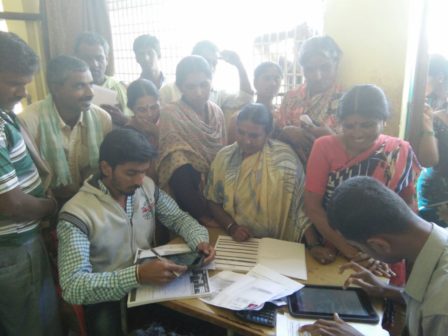 Under this scheme, the one-day briefing on the basics of the sector is given and the trainees are assessed with respect to the sector specific skills. The assessment helps in identifying skills already acquired by self-learning through observation and practice. The trainees are certified by the Sector Skill Council under Government schemes. This certification helps in formalizing the learning and gives them the much needed social recognition. Besides, a basic monetary award is given which helps in their financial inclusion too.
Under this scheme, the one-day briefing on the basics of the sector is given and the trainees are assessed with respect to the sector specific skills. The assessment helps in identifying skills already acquired by self-learning through observation and practice. The trainees are certified by the Sector Skill Council under Government schemes. This certification helps in formalizing the learning and gives them the much needed social recognition. Besides, a basic monetary award is given which helps in their financial inclusion too.
LabourNet, a NSDC partner, has long supported this initiative and conceptualized many of the National Occupational Standards across the agrarian and allied services for assessment under RPL. It follows a three-pronged approach of education, employment and entrepreneurship to ensure that the farmer benefits the maximum with the best solution that suits him/her fit. As a first step in this direction, assessment such as RPL helps in mobilizing the farmers into the learning framework. It also gives LabourNet the opportunity to identify the gap that requires to be fulfilled to enhance the productivity of the farmers.
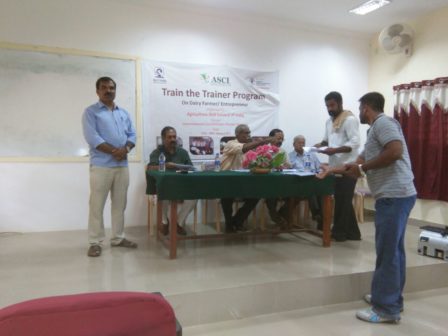 LabourNet has left its training footprints in agriculture as well as allied fields such as diary farming, poultry and fisheries. Recently LabourNet, under the RPL program has trained approximately 459 trainees in Mysuru, 3500 in Mandya, 350 in Erode and 250 trainees in Raichur in dairy and entrepreneurial skill. So far, LabourNet has reached out to 3500+ farmers through its training initiatives.LabourNet’s foray into training people in agriculture and related activities has reaped multiple benefits to the rural community.
LabourNet has left its training footprints in agriculture as well as allied fields such as diary farming, poultry and fisheries. Recently LabourNet, under the RPL program has trained approximately 459 trainees in Mysuru, 3500 in Mandya, 350 in Erode and 250 trainees in Raichur in dairy and entrepreneurial skill. So far, LabourNet has reached out to 3500+ farmers through its training initiatives.LabourNet’s foray into training people in agriculture and related activities has reaped multiple benefits to the rural community.
The last decade has seen the emergence of many new evolving sectors which has skewed up the overall landscape of economical development. With boom in digital and e-commerce, along with urbanization of tier II and III cities, many new opportunities for employment and livelihood have emerged. Under such conditions, it is becomes more pertinent to ensure that the agrarian competencies are enhanced and brought on par with market standards such that the sector is able to generate sufficient income to attract skilled manpower.




